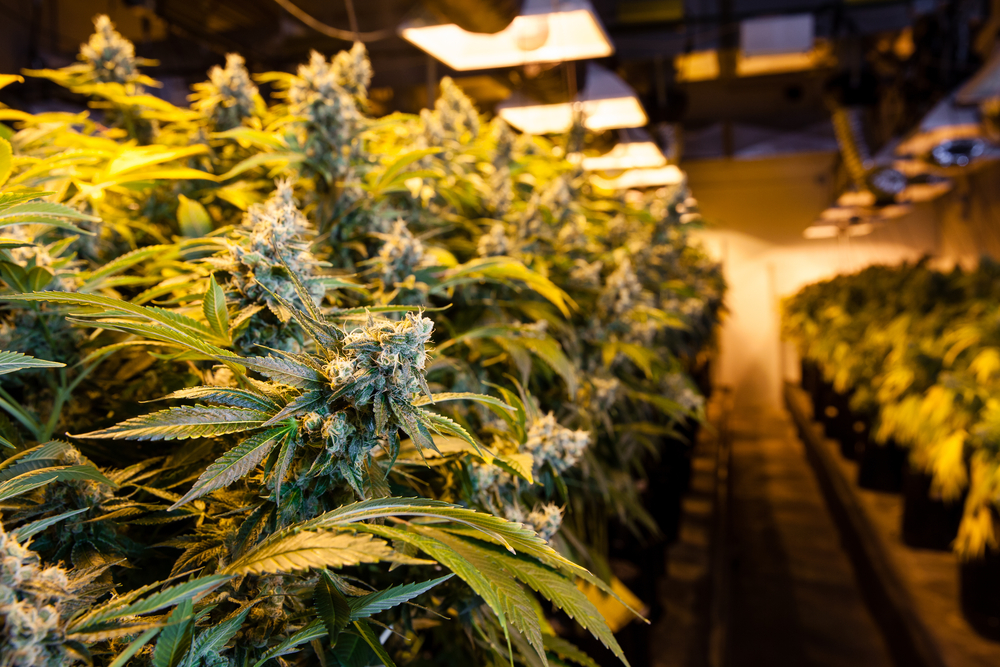Cannabis is a substance that also holds potential medicinal benefits. However, it’s crucial to have an understanding of how long cannabis remains in your system to navigate certain situations. Whether it’s for pre-employment drug screening or comprehending the impact of cannabis on your body, knowing its detection window is essential. In this article, we will delve into the duration of cannabis’s presence in your system and the factors that can influence its detectability.
 The Metabolism Process of Cannabis
The Metabolism Process of Cannabis
When you consume cannabis, its active compounds (like THC) enter your bloodstream either through inhalation or ingestion. Subsequently, these compounds are primarily metabolized by the liver. A significant metabolite produced during this process is THC-COOH, which accumulates in body tissues and organs over time.
Detectable Timeframes for Cannabis
The length of time that cannabis can be detected in your system varies depending on factors such as usage frequency and the type of drug test conducted. Different drug tests have different detection windows:
- When it comes to urine testing for occasional users, cannabis can be identified in urine for 3-4 days. For regular users, urine tests might indicate cannabis use even up to 30 days after the last consumption. For individuals who use cannabis heavily, it is possible for them to still test positive on drug tests after 45-77 days.
- When it comes to blood testing, people who use cannabis occasionally usually have minor levels of the substance in their blood for up to 24 hours. However, for heavy users, THC can be detected in blood tests for 7 to 15 days after their last use.
- Saliva testing can detect the presence of THC in saliva for 24-72 hours following its use.
- Hair follicle testing has the highest detection window and can identify regular cannabis usage for up to 90 days.
Factors Influencing Detection Time
Besides the various types of drug tests being conducted, several factors can affect how long cannabis remains detectable in your system:
- Frequency of Use: Individuals who frequently and heavily use cannabis tend to have a higher detection window compared to users.
- Metabolism: People with high metabolisms generally eliminate THC and its byproducts more rapidly than those with slower metabolic rates.
- Body Fat Percentage: THC is stored in fatty tissues since it is fat-soluble. Consequently, individuals with higher body fat percentages may take longer to eliminate THC compared to those with lower body fat percentages.
- Different Ways of Consuming Cannabis: When it comes to using cannabis, methods like smoking or vaporizing result in an immediate onset of effects, with a shorter duration compared to consuming it orally.
- Impact of Quality and Potency: The level of THC concentration in the cannabis product you consume can affect how long it stays detectable in your system. Higher potency products might take more time to clear out.
 False Beliefs about Detoxification Methods
False Beliefs about Detoxification Methods
There are many detoxification methods and products in the market that claim to speed up the elimination of cannabis from your body. However, it’s important to approach these claims with caution. While certain detox drinks and supplements may provide temporary flushing out of toxins, there is a lack of evidence backing their effectiveness specifically for eliminating cannabis from the system. It’s crucial to be aware of these misconceptions and rely on proven methods rather than solely relying on detox products.
Legal Consequences
Knowing how long cannabis remains detectable in your system is not just important for knowledge but also carries implications in certain environments and situations. Many workplaces have strict drug policies that include random drug testing, particularly in jobs or industries where safety is paramount. Additionally, law enforcement agencies may conduct drug tests during traffic stops as part of investigations. Understanding the length of time that cannabis can be detected in your system is important for making informed choices, especially when it comes to drug testing. The detection period can vary based on several factors, including the type of drug test, how often you use cannabis, your metabolism, body fat percentage, method of consumption, and the potency of the product.
It’s important to keep in mind that everyone’s results may differ, and the information provided here is meant as guidance. If you have concerns or need advice about cannabis use and detection times, it’s recommended to consult with medical professionals or experts who are knowledgeable about this topic. By staying well informed about cannabis detection times and understanding the factors that influence them, individuals can navigate situations where their usage history may be a factor more effectively.






